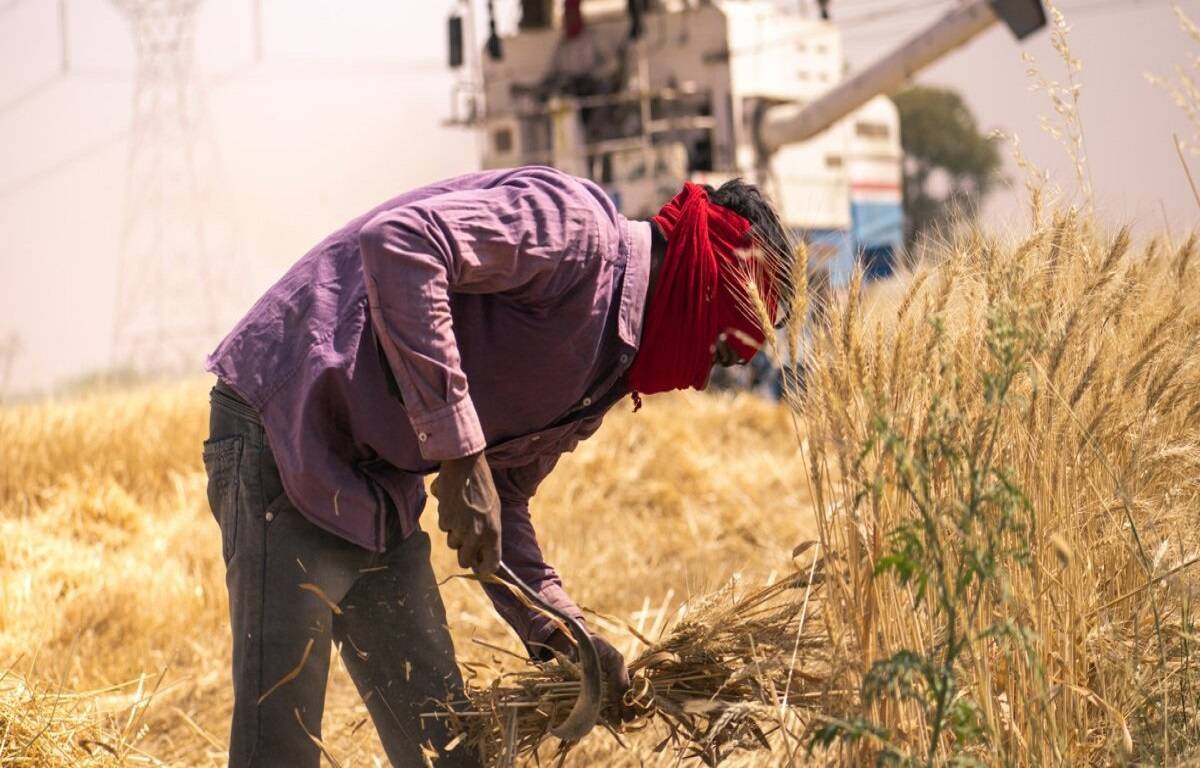
According to a report, this year's increased temperatures have caused trees to start blossoming and bearing fruit already. Temperatures that are too high can disturb a plant's pollination, flowering, root development, and growth stages, which will result in lower yields.
The rise in temperatures has led to mango harvesting before time. The flowers are drying and pollination has greatly decreased, according to Pravin Pankajakshan, vice president for data science and AI at CropIn.
Rohan Ursal, the chairman and managing director at Purandar Highlands Farmers Producer Company Ltd. stated that fruit production is already reduced by 30-40% less productive than that of figs, the year before. “February is just here and heat waves have already begun,” said farmer and wholesaler Rohan Ursal. “We usually see heat waves from March and then it peaks in April or May,” he said. The temperatures have hiked by seven to eight degrees and the temperature rise is as sharp as it is sudden.
Highlighting the state of fruits and vegetables, he added, “The fruits are smaller than normal and they are susceptible to sunstroke. We have no control over the situation,” he added.
The yield of the wheat harvest fell in 2022 as a result of early summers and heat waves; production was predicted to be 106.84 million tonnes as opposed to 109.59 million tonnes the year before. Wheat farmers suffered massive losses the year before and this year, the yield is expected to be half of normal.
The Indian Meteorological Department on February 20, 2023, issued an advisory stating that warmer temperatures will prevail over Gujarat, Rajasthan, Konkan, and Goa. This warning also extended to Punjab, Haryana, and Rajasthan.
According to the announcement, wheat's approaching reproductive development cycle, which is temperature-sensitive, could be negatively impacted by this higher daytime temperature. According to the IMD, high temperatures throughout the flowering and maturation phases reduce production.
The impact of the heat wave is anticipated to last throughout the summer, according to agronomists, according to Vivek Lalan, head of insurance at Nurture.Farm. He warns that there is a possibility that things will grow worse from here on.
Possible Solutions for Farmers
The IMD advises farmers to provide irrigation, mulching, and provide a covering between rows of vegetable crops for the conservation of soil moisture and temperature.
CropIn suggests that farmers consider late or early sowing to evade heat. Early sowing means the heat waves hit the crops only after they have matured.
Shorter duration crops should be planted, said Pankajakshan. Intercropping short-duration with long-duration ones can help withstand heat waves.
Farmers are also encouraged to use fertilizers to provide extra support in terms of nutrients and to improve crop canopy. But, these measures have a limited impact in case of extended high temperatures.
According to CropIn’s Vice president, this requires a change in consumer behavior and food habits. Farmers grow what is in demand. Millets are highly climate resilient and have immense value, paddy requires a lot of water, he explained.










